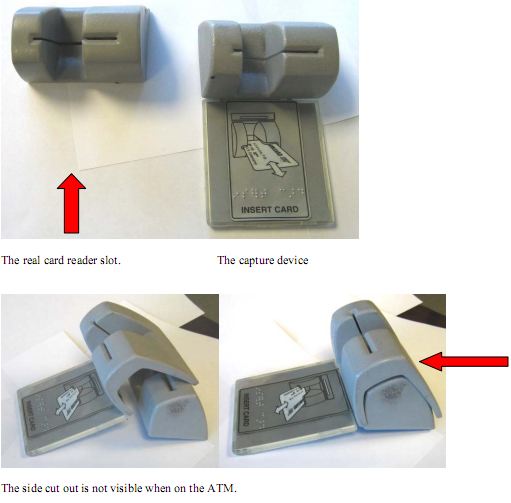In a huge disclosure today, Google said a sophisticated and targeted cyber attack against its corporate infrastructure late last year was aimed at accessing the Gmail accounts of Chinese human rights activists. As a result of the incident, the company says it will no longer censor search results on behalf of the Chinese government, and that it may in fact cease operations in the country altogether.
In a posting to its Official Google Blog, the company said that in mid-December a “highly sophisticated and targeted attack” against its internal systems “resulted in the theft of intellectual property from Google.” The search engine giant said that the attack also struck at least 20 other large companies from a wide range of businesses, and that it is currently in the process of notifying those companies.
Google said it has evidence to suggest that a primary goal of the attackers was accessing the Gmail accounts of Chinese human rights activists.
“Based on our investigation to date we believe their attack did not achieve that objective. Only two Gmail accounts appear to have been accessed, and that activity was limited to account information (such as the date the account was created) and subject line, rather than the content of emails themselves,” the company said. “We have discovered that the accounts of dozens of U.S.-, China- and Europe-based Gmail users who are advocates of human rights in China appear to have been routinely accessed by third parties. These accounts have not been accessed through any security breach at Google, but most likely via phishing scams or malware placed on the users’ computers.”
As a result of the attacks, Google says it is no longer willing to continue censoring Google.cn search results. From the Google announcement:
“We launched Google.cn in January 2006 in the belief that the benefits of increased access to information for people in China and a more open Internet outweighed our discomfort in agreeing to censor some results. At the time we made clear that ‘we will carefully monitor conditions in China, including new laws and other restrictions on our services. If we determine that we are unable to achieve the objectives outlined we will not hesitate to reconsider our approach to China.’
Continue reading →







